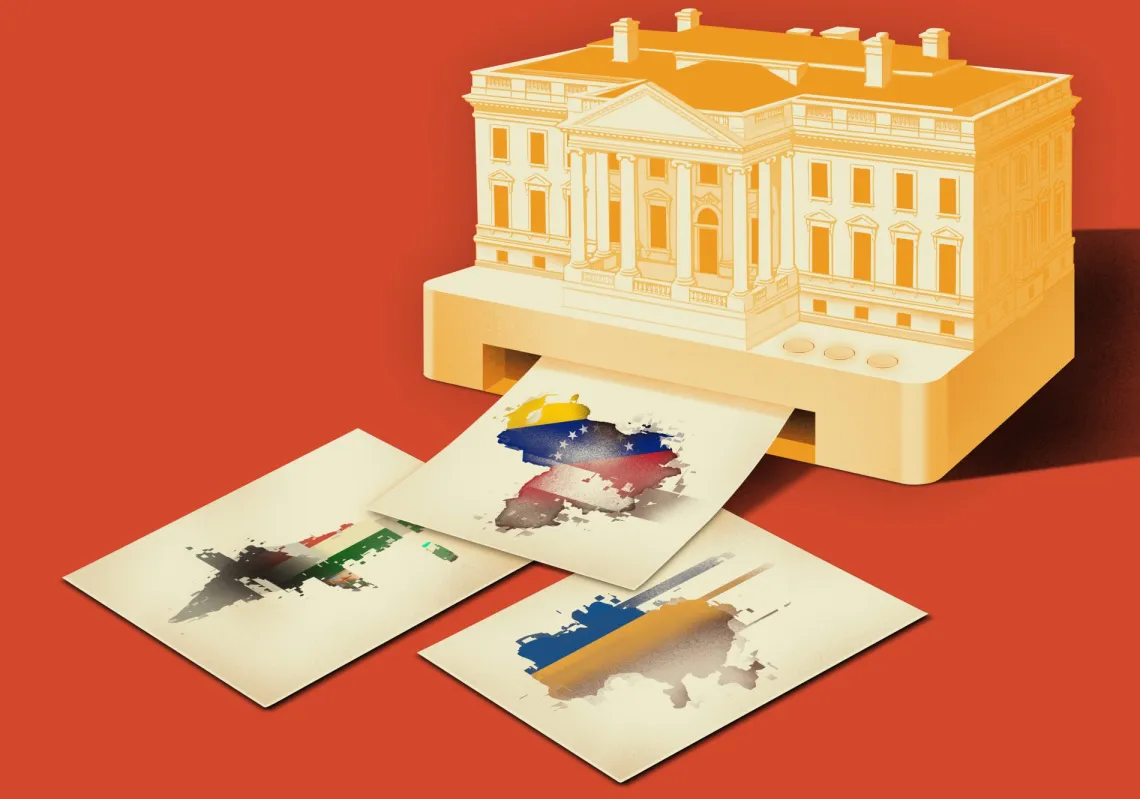A new Middle East is emerging. This is not the same as the new Middle East that American neoconservatives were claiming to be creating in the run up to the invasion of Iraq in 2003 or during the war between Hezbollah and Israel in 2006. This is a new Middle East that is rising from within, not imposed by outside powers. Its newness is not about changing forms of governance but about the implementation of a long-term economic, social, and political vision that is shifting the balance of power in international relations.
Steering this new Middle East are Arab countries in the Gulf, which are undergoing a remarkable transformation on all those fronts and increasingly asserting their geopolitical and economic weight.
It’s high time for the United States and the international community to acknowledge this emerging reality and adjust their engagement with the Middle East accordingly.
There is growing awareness across the Middle East that stability and prosperity in the Gulf is in the interest of all Arab countries, especially at a time when so many of those counties, from Egypt to Lebanon and elsewhere, are struggling economically. Last month, the Kingdom of Saudi Arabia held the 7th Future Investment Initiative conference. The conference is hosted by the Public Investment Fund, Saudi Arabia’s sovereign wealth fund, and attracts the world’s biggest economic heavy hitters who have been flocking to Saudi Arabia to broker large-scale investment and construction deals.
While these international corporations see in Saudi Arabia an immense profit-making opportunity, the Kingdom’s partnerships with them are also about getting them to invest in Saudi Arabia. This investment is part of Saudi Arabia’s strategy to meet its economic goals. Economic growth in Saudi Arabia in turn means increased opportunities for companies and individuals from the rest of the Arab world.
Read more: The geography of Lebanon may tell whether war is spreading
International economic investment in Saudi Arabia and other Arab countries in the Gulf also means that international corporations will not want to see their investment threatened by instability. Saudi Arabia, the UAE, and other Arab Gulf countries have been going to great lengths to protect their economic paths from political turbulence in the region. Some outside observers have criticized Gulf countries that have gone ahead with hosting large international economic, sporting, and cultural events while wars elsewhere in the region rage. But it would not make sense for those Gulf countries to put their national economic interests and goals on hold in this context.


















